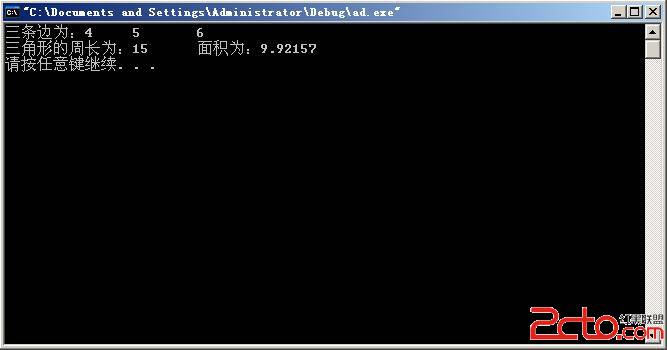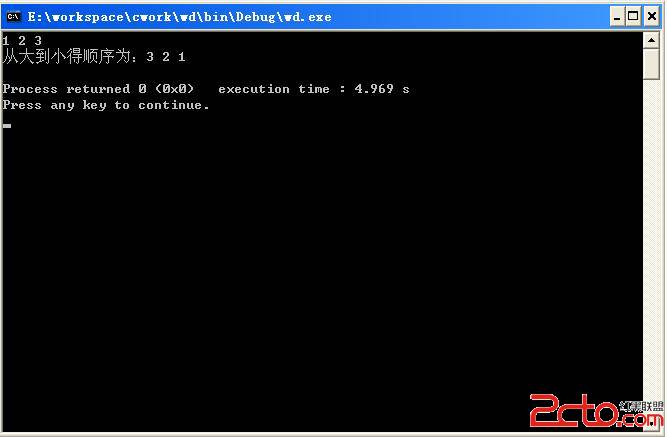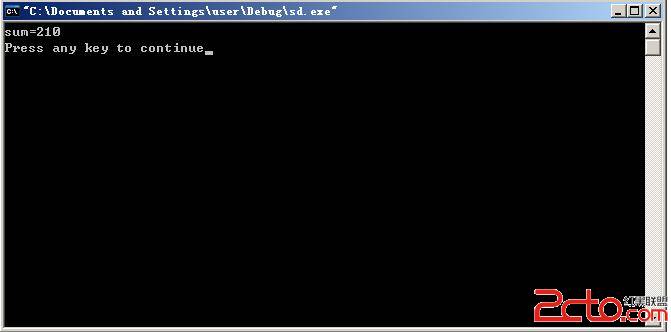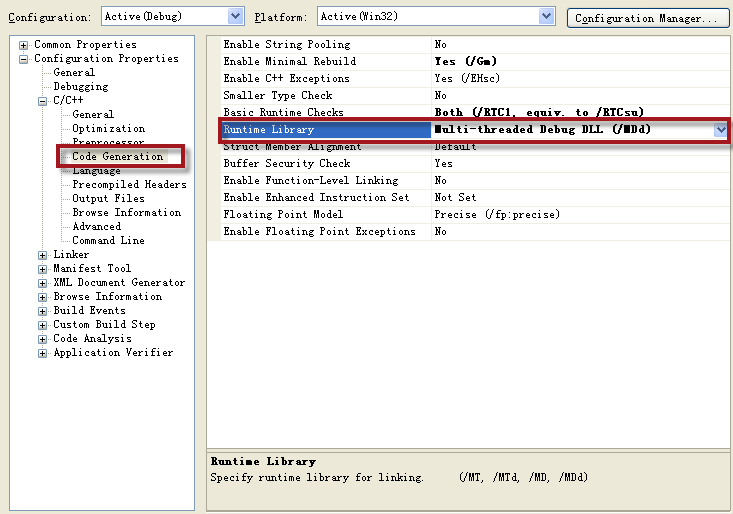C语言返回文件大小的功能(fseek和ftell的使用)
需求:有时候读文件时,需要知道文件的字符总的个数,可能是为了提前定义缓冲区大小或者拷贝文件等等。也可以用于动态创建数组。
在进行这两个问题之前,先来了解一下两个函数,这两个函数配合就能够实现计算大小的功能。
函数 一:fseek
stdio中的库函数:
函数原型:int fseek(FILE *stream, long int offset, int whence);
功能:设定文件指针的位置
参数:
stream: 需要读取的文件流。
whence:文件源指针的位置,值可以是这三个中的一个:SEEK_SET、SEEK_CUR、SEEK_END分别表示文件开头位置,文件当前位置,文件结尾位置。
offset:表示以 whence为基点的偏移量的大小。
所以这个函数的整体功能是:从任意位置比如最常用的SEEK_SET、SEEK_CUR、SEEK_END,移动文件指针,移动的大小为offset。函数执行之后,文件指针就移动到了whence + offset位置处。
返回值:执行成功返回0,执行失败返回非零。
函数二:ftell
stdio中的库函数:
函数原型: long int ftell(FILE *stream);
功能:当前文件读写位置。
返回值:是当前读写位置偏离文件头部的字节数.
所以由fseek设定文件指针的位置,再由ftell计算从文件开头到fseek获取的位置的字节数。
实例代码如下:
[html]
include <stdio.h>
#include <stdlib.h>
int main()
{
FILE * fp;
fp = fopen("addoverflowDemo.c","r");
if(fp == NULL){
return -1;
}
//int fseek(FILE *stream, long int offset, int whence); 获取起始位置
fseek(fp,0,SEEK_END);
//long int ftell(FILE *stream);计算开头到fseek位置的字符数
int value;
value = ftell(fp);
printf("字符数为:%d\n",value);
return EXIT_SUCCESS;
}
include <stdio.h>
#include <stdlib.h>
int main()
{
FILE * fp;
fp = fopen("addoverflowDemo.c","r");
if(fp == NULL){
return -1;
}
//int fseek(FILE *stream, long int offset, int whence); 获取起始位置
fseek(fp,0,SEEK_END);
//long int ftell(FILE *stream);计算开头到fseek位置的字符数
int value;
value = ftell(fp);
printf("字符数为:%d\n",value);
return EXIT_SUCCESS;
}
编译连接运行结果如下:
[html]
[root@localhost program]# ./getsizeDemo
字符数为:309
[root@localhost program]# ./getsizeDemo
字符数为:309
补充:软件开发 , C语言 ,




